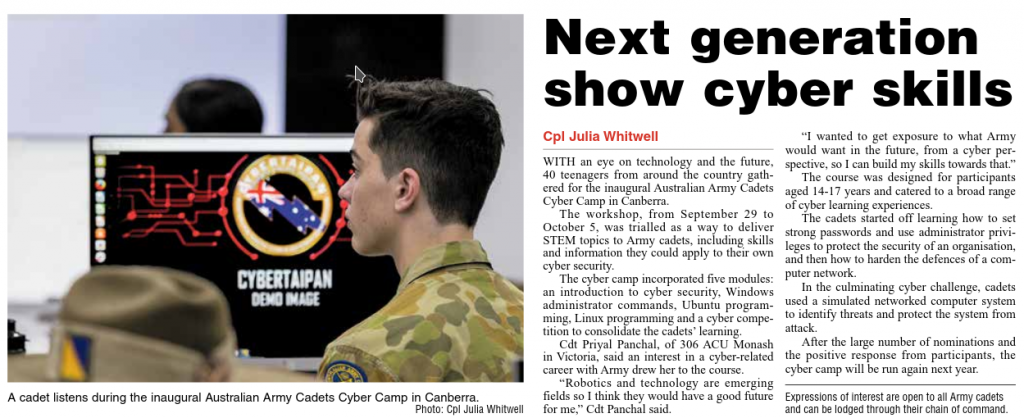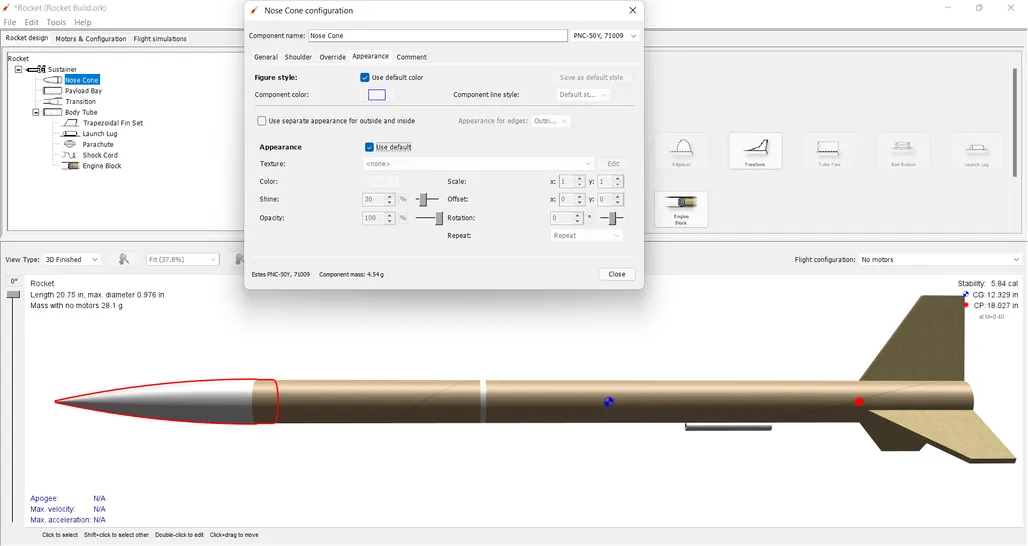Navigating Operating Systems in Military Operations: Ubuntu vs. Microsoft Windows
Introduction:
In contemporary military operations, the integration of computer technology has become indispensable. From tactical planning to logistical management and cybersecurity, the reliance on advanced computing systems is pervasive. With the pivotal role of operating systems in these endeavors, the choice between Ubuntu and Microsoft Windows for military purposes warrants thorough examination.
In this blog post, we embark on a comparative journey, evaluating Ubuntu’s potential to supplant Microsoft Windows in military contexts. Through an analysis of strengths, weaknesses, and practical considerations, we aim to discern whether Ubuntu stands as a viable alternative for military computing needs. However, before delving into this comparison, let’s first explore the current landscape of computer utilization in military operations.
The Current Landscape:
Modern military operations are increasingly reliant on computer technology across various domains:
1. Command and Control Systems:
Command centers leverage sophisticated computing systems for real-time situational awareness, decision-making, and coordination of military assets. These systems require robust and secure operating environments to ensure seamless execution of mission-critical tasks.
2. Communications and Information Management:
Communication networks facilitate the exchange of vital information among military personnel, units, and allied forces. Integrated information management systems help in organizing, analyzing, and disseminating intelligence data, enhancing operational effectiveness.
3. Cybersecurity and Defensive Measures:
With the rise of cyber threats, military organizations prioritize cybersecurity measures to safeguard sensitive information and critical infrastructure. Secure operating systems are crucial components of comprehensive defense strategies, offering protection against cyber attacks and data breaches.
4. Training and Simulation:
Simulation platforms powered by advanced computing technology provide realistic training environments for military personnel. These systems simulate various scenarios, enabling soldiers to hone their skills, test strategies, and prepare for diverse operational challenges.
5. Logistics and Supply Chain Management:
Efficient logistical operations are essential for sustaining military missions. Computerized systems streamline inventory management, transportation logistics, and supply chain operations, optimizing resource allocation and ensuring timely support to deployed forces.
In this dynamic landscape, the choice of operating system profoundly influences the efficacy, security, and cost-efficiency of military operations. Now, let’s delve into the comparison between Ubuntu and Microsoft Windows, evaluating their respective suitability for military purposes.
The Good:
Ubuntu’s Open-Source Advantage: Ubuntu’s open-source nature is a significant advantage, particularly in security-sensitive environments like the military. Its source code is freely available, allowing for extensive scrutiny and rapid development of security patches. This transparency reduces the risk of hidden vulnerabilities and backdoors, crucial for safeguarding sensitive military data and systems.
Stability and Reliability: Ubuntu is renowned for its stability and reliability. Its robust architecture and regular updates ensure that military operations can proceed without interruption due to system failures or crashes. In mission-critical situations, this reliability is paramount, making Ubuntu a compelling choice for military deployments.
Cost-Effectiveness: One of Ubuntu’s most appealing aspects is its cost-effectiveness. Being open-source, it eliminates licensing fees, which can amount to significant savings, especially when deploying across a large number of systems. For military budgets under scrutiny, this financial advantage can free up resources for other critical areas.
Customization and Flexibility: Ubuntu offers unparalleled customization and flexibility. Military organizations can tailor the operating system to meet their specific requirements, whether it’s optimizing performance for specialized hardware or integrating proprietary software solutions. This adaptability ensures that Ubuntu can seamlessly integrate into existing military infrastructure and workflows.
The Bad:
Compatibility Challenges: While Ubuntu boasts compatibility with a wide range of hardware and software, it may still face challenges when interfacing with legacy systems or specialized military equipment. Compatibility issues could hinder interoperability and integration efforts, potentially disrupting operations or requiring costly workarounds.
Learning Curve: Transitioning from Windows to Ubuntu may pose a learning curve for military personnel accustomed to the Windows environment. Training and re-skilling efforts may be necessary to ensure smooth adoption, which could incur additional time and resources.
Limited Gaming Support: Though not directly related to military operations, it’s worth noting that Ubuntu’s gaming support lags behind Windows. While this may not be a critical factor for most military applications, it could impact morale and downtime activities for personnel stationed in remote locations.
Vendor Support Variability: While Ubuntu benefits from a vibrant community and commercial support options, the level of vendor support may vary compared to Windows. For critical issues or specialized requirements, the availability and responsiveness of support services could influence the feasibility of deploying Ubuntu in military contexts.
Conclusion:
In conclusion, Ubuntu presents a compelling alternative to Microsoft Windows for military purposes, offering advantages in security, stability, cost-effectiveness, and flexibility. However, it’s essential to weigh these benefits against potential challenges such as compatibility issues, learning curves, and variability in vendor support. Ultimately, the decision to adopt Ubuntu in military operations should be based on a thorough assessment of specific requirements, risks, and available resources. With careful planning and strategic implementation, Ubuntu has the potential to serve as a robust and secure operating system for military organizations worldwide.

https://www.linkedin.com/pulse/why-indias-defence-ministry-replacing-microsoft-windows-ubuntu-based






Post Comment